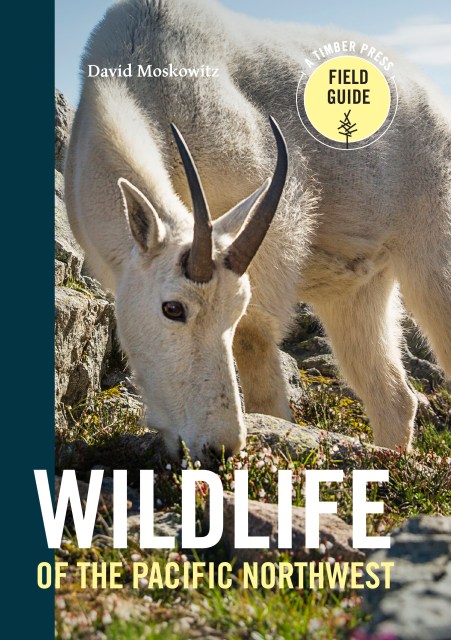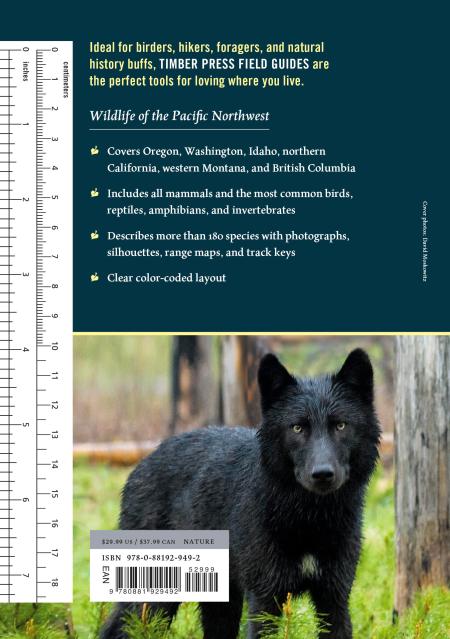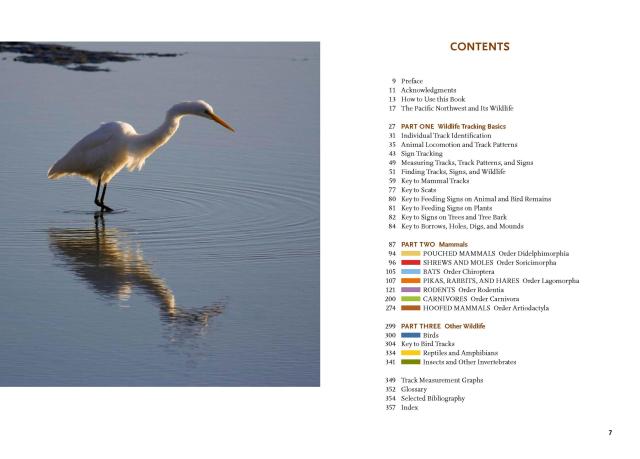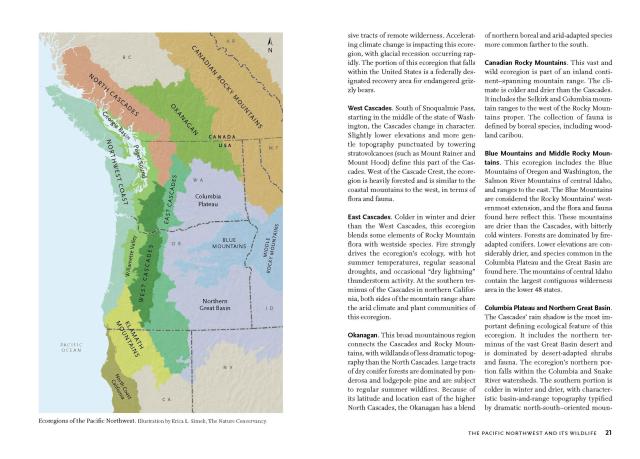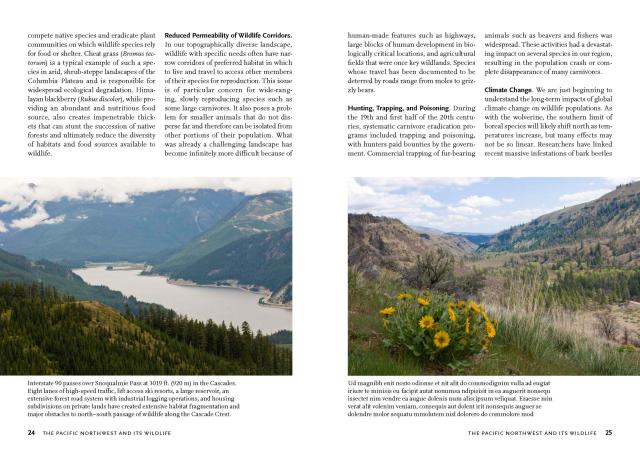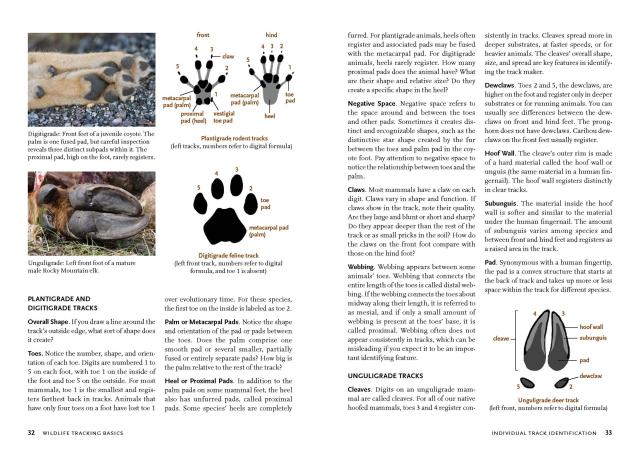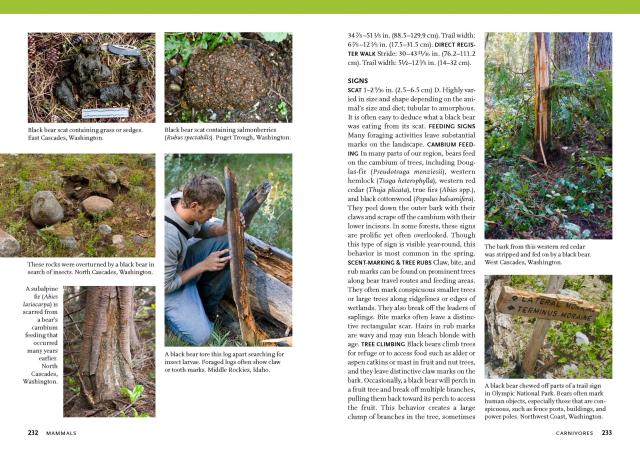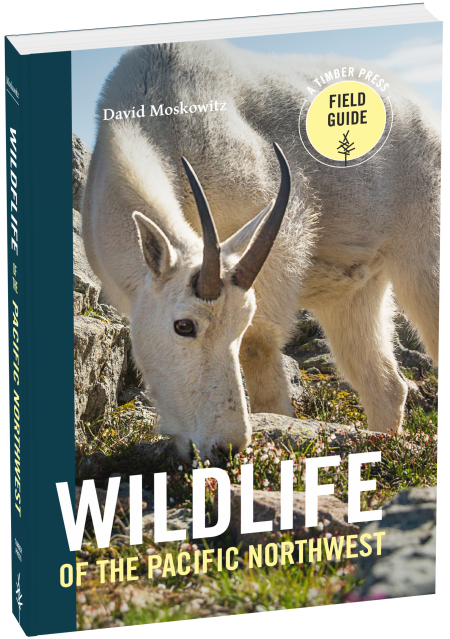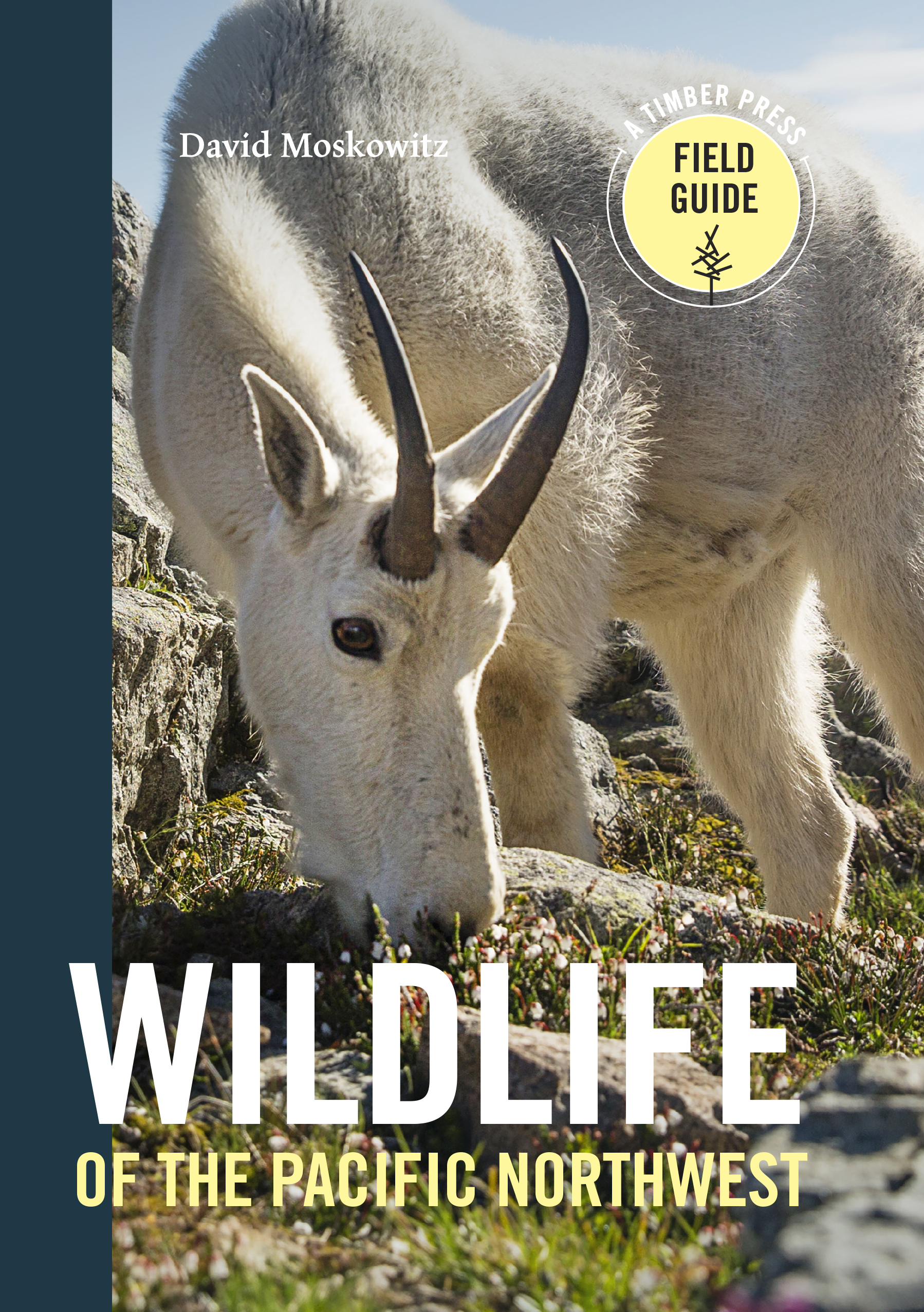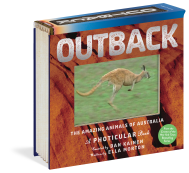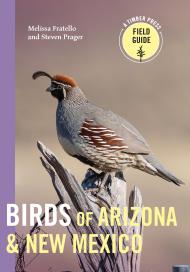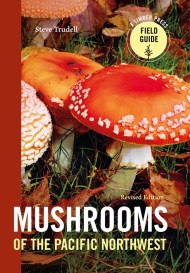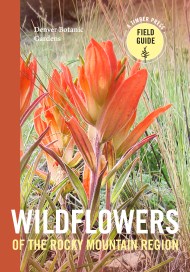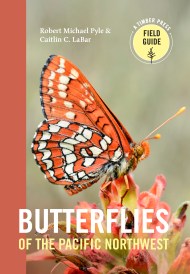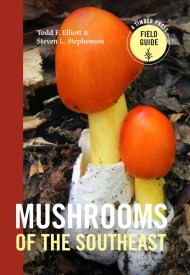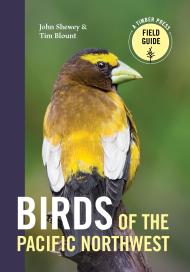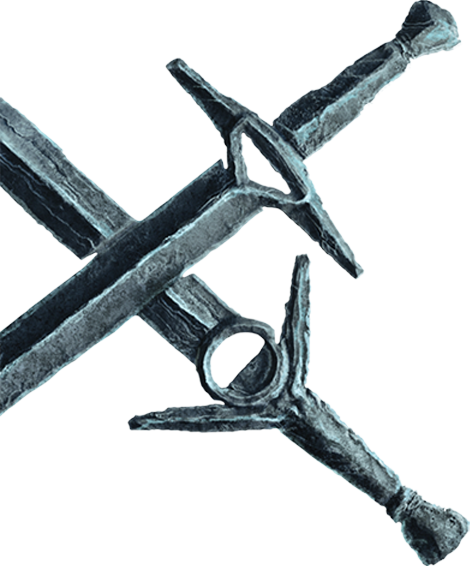
Wildlife of the Pacific Northwest
Tracking and Identifying Mammals, Birds, Reptiles, Amphibians, and Invertebrates
Contributors
Formats and Prices
Price
$29.99Price
$37.99 CADFormat
Format:
Trade Paperback $29.99 $37.99 CADAlso available from:
It's possible to safely see fascinating wildlife—if you know what to look for and where and if you understand what you see. Wildlife of the Pacific Northwest makes it easier than ever with illustrated descriptions for more than 180 mammals, birds, reptiles, amphibians, and invertebrates. This book is a must-have for nature lovers of all ages and skill levels.
- Covers Washington, Oregon, British Columbia, northern California, Idaho, and western Montana
- More than 180 species described in detail
- 460 color photographs shot in the wild, silhouettes and track keys for quick identification, and 92 range maps
- Clear color-coded layout
Genre:
-
“This book is a delight to peruse or use in detail. . . . It is a beautiful functional field guide for anyone who appreciates nature.” —American Reference Books Annual
“Wildlife of the Pacific Northwest will give you the tools you need to better understand the creatures that live there. Outdoor educator David Moskowitz's superb field guide describes more than 180 species and features hundreds of color photographs and scale drawings of tracks and track patterns.” —Oregon Live
“Chock full of useful, detailed information and stunning photography.” —Island Park News
“Belongs in every pack and is a must-have for nature lovers of all ages and skill level. A useful guide for Pacific Northwest naturalists.” —ScienceBlogs.com
- On Sale
- May 19, 2010
- Page Count
- 364 pages
- Publisher
- Timber Press
- ISBN-13
- 9780881929492
Newsletter Signup
By clicking ‘Sign Up,’ I acknowledge that I have read and agree to Hachette Book Group’s Privacy Policy and Terms of Use
